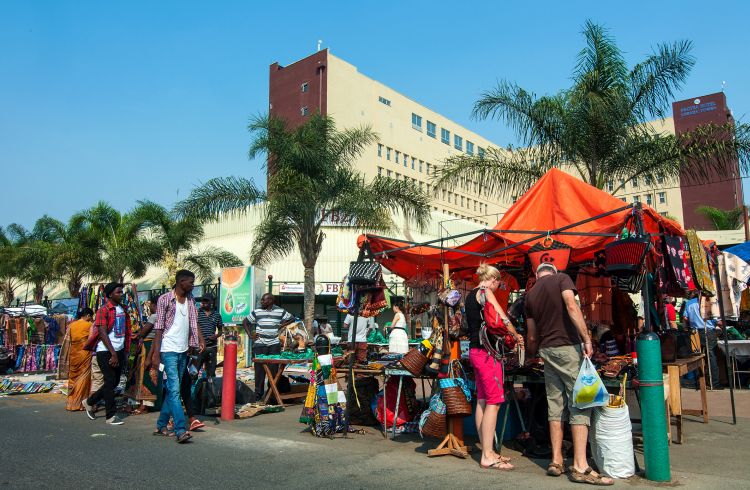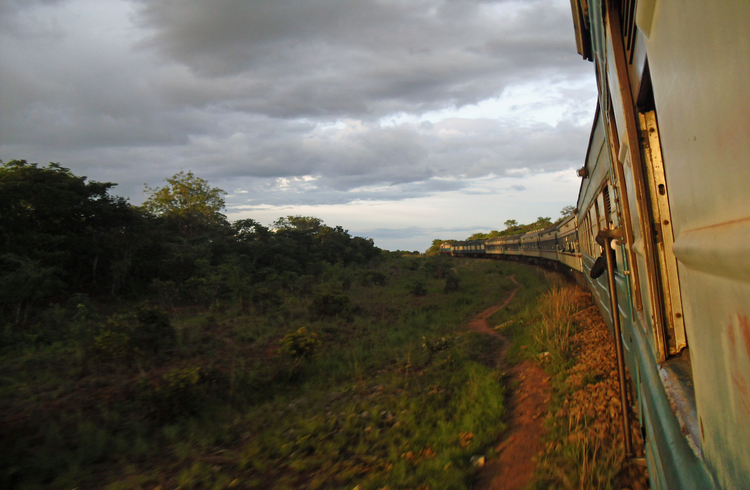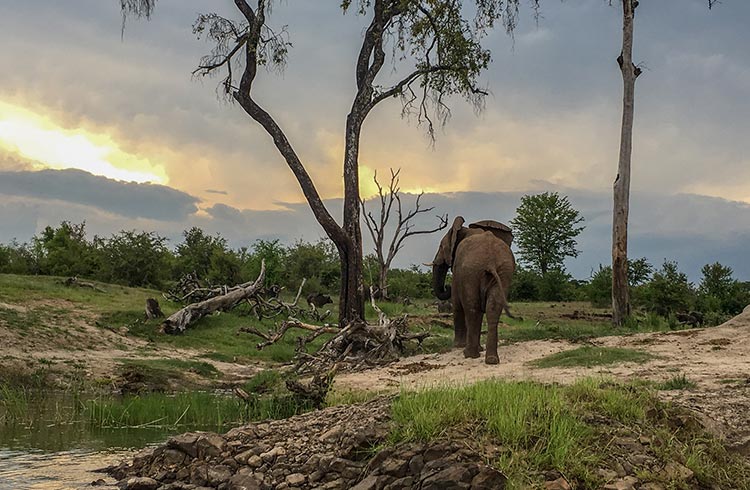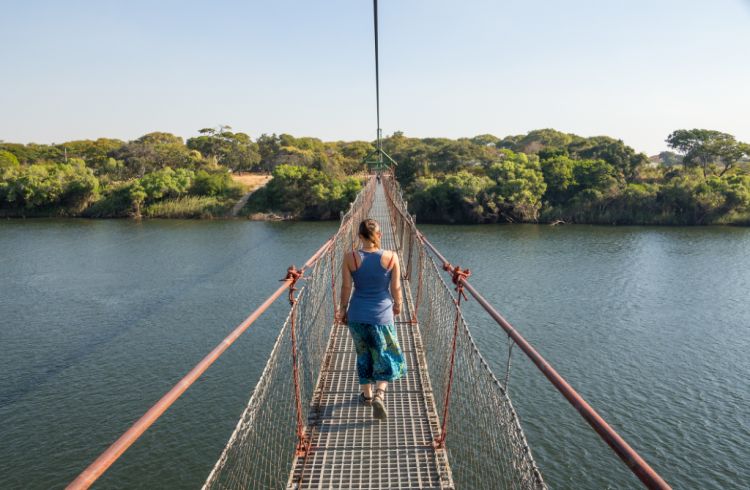Is Zambia Safe? 5 Essential Travel Safety Tips to Know
Petty crime and scams occur in Zambia, but there are things you can do to stay one step ahead of the local crims. Here's how to stay safe and within the law while traveling.
 Photo © Getty Images/Tom Cockrem
Photo © Getty Images/Tom Cockrem
Coronavirus (COVID-19) travel restrictions in Zambia – updated 1 September, 2020: Flights have resumed to Lusaka, and borders are open. Tourist visas are only available in advance, not on arrival. On arrival, foreign travelers must show proof of a negative test result for COVID-19 taken within 14 days prior, and may be tested via nasal swab if symptoms are displayed. Returning residents need to self-isolate for 14 days on arrival, however there is no requirement for international travelers to self-isolate.
How bad is crime in Zambia?
Zambia is one of the safer countries in Africa, however, you should use your common sense when it comes to staying safe.
Bag snatching and theft from parked cars have been reported at restaurants and internet cafes in downtown areas of Lusaka and Livingstone, particularly near transport hubs and in some shopping areas. Always keep your bag or valuables secured and close to you. Never hang your bag off the back of your chair.
When traveling by car, keep the doors locked and the windows up at all times. Valuables should be kept out of sight. Thieves may target luxury 4WD vehicles, travelers at transport hubs, crowded market areas and shopping precincts.
Avoid traveling after dark, aside from the personal safety risk, the road conditions in some parts of Zambia aren't great, not to mention the drunk drivers you may encounter. The Zambian Road and Transport Agency reported that 55% of all road fatalities happen after dark.
Avoid walking alone at night. While most locals are friendly, there are many areas that are poorly lit and a local criminal may see you as easy pickings.
There have been reports of carjackings by Congolese gangs on the Mufulira to Ndola road which runs parallel with the Democratic Republic of the Congo border. Stay alert and don't stop to give lifts to anyone on the roadside. Exercise caution where objects appear to have been placed to block the road.
Police and immigration officials can request to see your passport and immigration stamp/visa at any time. Failure to produce these documents may result in you being arrested and detained. Carry your passport and visa or immigration permit at all times.
Scams in Zambia
Money changing scam
Take care when exchanging money, and avoid flashing large amounts around. Try to exchange your money in a bank although travelers have reported getting a good exchange rate from stand-alone money changers on the street. Avoid changing your cash with any group of men who may approach you as they are likely running a scam and you may end up with less than you started with.
Government fee scam
Travelers may be targeted for "fees" to be paid to various Zambian officials or groups. If you are asked to pay a fee, make sure you get an official receipt from the Government of Zambia for any fines and duties paid. Anyone who claims not to issue official receipts is likely to be a scammer. Before handing over any money, politely insist that you get a receipt for your money. Usually, this will make the scammer think twice and leave.
Local laws in Zambia
Drugs
The possession of drugs, including recreational drugs such as marijuana, is illegal in Zambia.
Drug use and trafficking are also offenses and punishments can be severe.
The possession of more than 0.5 gram of an illegal substance can constitute drug trafficking in Zambia. But the Zambian interpretation of an "illegal substance" is very broad and can get even innocent travelers into a lot of trouble.
Pornographic material
The possession of pornographic material is illegal in Zambia and offenders may be jailed and/or deported. What you think is a legitimate "men's magazine" might be considered pornographic by the Zambian authorities.
Photography
It's illegal to photograph around military zones, military personnel, government buildings, Kariba Dam and transport hubs in Zambia.
Animal trophies
It's against Zambian law to buy, possess or transport animal products such as:
- tortoise shells
- rhino horns
- elephant ivory
- tusks of any animal
Many of these items are sold in markets throughout the country, it remains the responsibility of the customer to ensure they aren't purchasing an illegal item.
The Zambian Wildlife Authority has screening at international ports and will prosecute offenders to the fullest extent of the law with penalties ranging from large fines to five-year jail sentences.
Is Zambia safe for LGBTQ+ travelers?
While it's unlikely that visitors would be arrested, homosexuality is illegal in Zambia and those caught engaging in homosexual acts can be sentenced to long terms of imprisonment. LGBTQ+ visitors should be discreet with public displays of affection.
Is Zambia safe for women travelers?
Overall, compared to other countries in Africa, Zambia is relatively safe for women travelers. Zambia is a patriarchal and conservative country, so women travelers are advised to dress modestly, particularly if they are traveling in more rural locales where social attitudes can be more conservative than urban centers. If you plan to head out at night for drinks, consider taking a male companion with you.
Related articles
Simple and flexible travel insurance
You can buy at home or while traveling, and claim online from anywhere in the world. With 150+ adventure activities covered and 24/7 emergency assistance.
Get a quote


No Comments